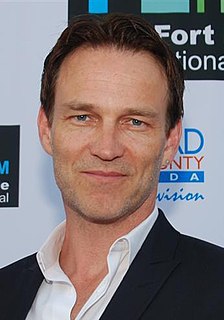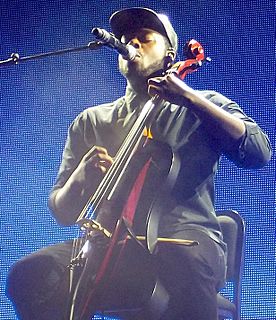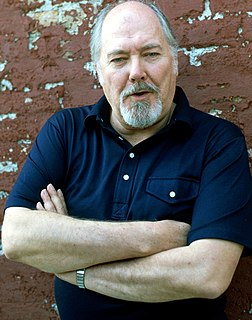A Quote by Randall Park
The most common things I would go out for would be, like, 'the Lab Technician' on a crime procedural, usually an expert in either a medical or a computer-oriented field.
Related Quotes
I would like to get out to the region in the Caspian sea. I would like to go there. I would like to get to Darfur. I would like to get to Khartoum in Northern Sudan. I would like to get to Zimbabwe. I would like to go back to North Korea, if I could. I would like to go to Yemen. I would like to get to Kashmir. Most of those destinations I will get to.
Broadly speaking, there are two approaches to crime: the realistically detailed police procedural, usually grim and downbeat, and the more left-field, joyous theatre of ideas in which past masters once specialised. Knowing that I would never be able to handle the former, I set about reviving the latter.
I founded an educational software company called Knowledge Revolution. We had the first fully animated physics lab on the computer. You could take ropes, pulleys, balls and anything else you'd use in your physics textbook and the program would allow you to build anything you can think of in a physics lab.
I'll tell you what I'd do if it were up to me: I would establish a strictly controlled distribution network through which I would make most drugs, excluding the most dangerous ones like crack, legally available. Initially I would keep the prices low enough to destroy the drug trade. Once that objective was attained I would keep raising the prices, very much like the excise duty on cigarettes, but I would make an exception for registered addicts in order to discourage crime. I would use a portion of the income for prevention and treatment. And I would foster social opprobrium of drug use.




































